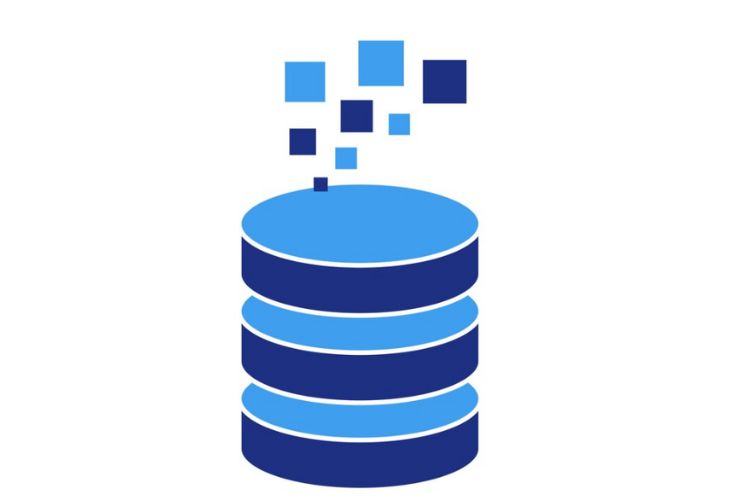In today’s rapidly changing and fast-moving business environment, prompt and well-informed decisions are the key to competitiveness. Businesses have never faced so much pressure to respond quickly to market conditions, customers’ demands, and internal matters. Enterprise Resource Planning (ERP) integration empowers businesses to enhance decision-making by consolidating data from multiple departments. It eliminates information silos and provides a unified, accurate view of operations. With real-time access to this integrated data, organizations can make faster, more informed decisions.
What is ERP Integration?
ERP integration is the process of linking an ERP system with other business applications, databases, and platforms. It’s provides a facility for sharing and synchronizing data between operations like sales, finance, inventory management, customer relationship management (CRM), and supply chain processes seamlessly. ERP integration through elimination of data silos and visibility in real-time facilitates all the departments within the organization to leverage true, real-time data. This unified landscape is where faster and more intelligent business decisions get made.
Why ERP Integration Facilitates Real-Time Decision Making
1. Single Point of Access Across Departments
Data centralization is arguably the most beneficial byproduct of ERP integration. With your ERP program linked to other most critical software such as CRM programs, supply chain management programs, and accounting packages, your business has one, integrated view of business processes. Your single point of access avoids delays and errors typically provided by manual collation and reconciliation of data. Decision-makers do not need to wait for reports or sift through several sources in an effort to acquire knowledge; they can instead make decisions quickly and confidently based on real, integrated information.
2. Enhanced Data Accuracy and Consistency
Manual data entry and stand-alone systems are susceptible to error and inconsistency, which can be expensive. ERP integration captures data from system to system, eliminating the potential for human error and delivering consistency to all systems. When your business relies on clean, correct data, decision-makers can trust what arrives at their desk, resulting in smarter strategies and fewer expensive detours. Better data integrity enables regulatory compliance and accurate reporting.
3. Real-Time Reporting and Analysis
Intelligent ERP systems provide strict real-time analysis by means of reporting and user-definable dashboards, which present actionable information in an instant. Decision-makers are then able to track KPIs, sales patterns, inventory stock, production schedules, and fiscal measures in real time. With the dynamic view into data, companies can be forward-looking in the recognition of future opportunities or challenges and swift to respond to evolving markets. Real-time reporting facilitates real-time decision-making, allowing companies to maximize resource use as well as overall performance.
4. Automated and Simplified Business Processes
ERP integration ensures automated business processes with time-consuming and laborious activities such as order processing, billing, stock management, and financial reconciliations. Automation of business flows improves the efficiency of the business and frees human resources from repetitive tasks and enables them to focus on strategic growth-oriented initiatives. Enhanced processing equates to quicker turnaround times and less process bottlenecks, directly affecting the end-speed and quality of the decision. Automation also reduces the risk of misstep and customer dissatisfaction by ensuring timely and precise delivery of services.
5. Enhanced Collaboration and Communication
Since all the departments have access to the same integrated data platform, they collaborate much more harmoniously. Sales can be provided with real-time customer information by marketing and customer service; finance can track production cost and revenues along with the inventory and status of the supply chain; operations can be harmoniously in sync with procurement and logistics. All that coordination between departments is what results in faster consensus-making, transparency, and business decisions made with a whole sense of organizational activity.
Why Real-Time Decision Making Matters
In an age of technology with emerging and shifting market forces, decision-making in real-time has never been more important. Companies relying on outdated or isolated data risk missing critical opportunities. They may respond too slowly to emerging threats and fall behind competitors. ERP integration addresses this by offering real-time access to comprehensive, end-to-end information. With actionable insights, businesses gain the speed and foresight needed to stay competitive.
Conclusion
ERP integration is an orchestrating ability driving wiser, faster, and knowledge-based decision-making. Integrated ERP systems harmonize disparate data sources, improving accuracy and enabling real-time analysis. They simplify processes, making organizations more agile and responsive to market demands. This leads to enhanced operational performance and supports long-term, sustainable growth.
For companies willing to get the highest out of ERP integration, it is critical to be with seasoned technology partners. Expert counsel ensures seamless integration tailored precisely to fit your business need, yielding the highest integration returns and minimizing disruption to a fraction.
If your business seeks to enhance its ability to make decisions in real-time and unleash new dimensions of performance and understanding, integration with ERP is an opportunity for strategic direction. Start to investigate today and put your business on the path to future success.
Contact Us Today













 Database Development
Database Development












































